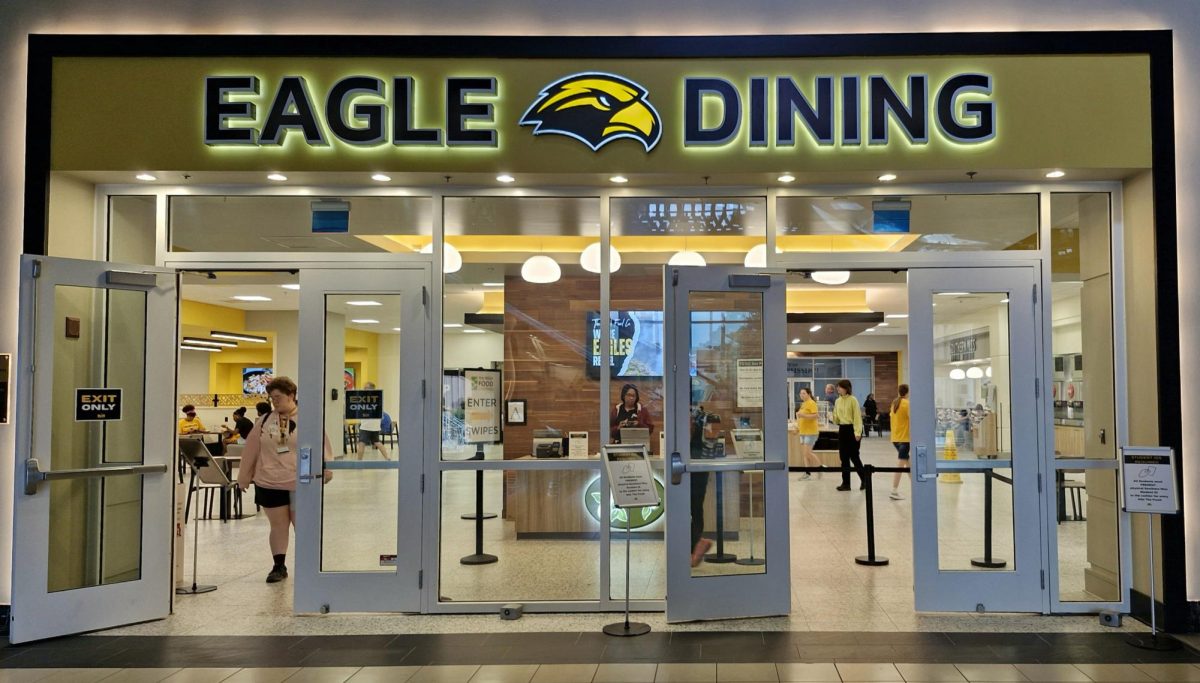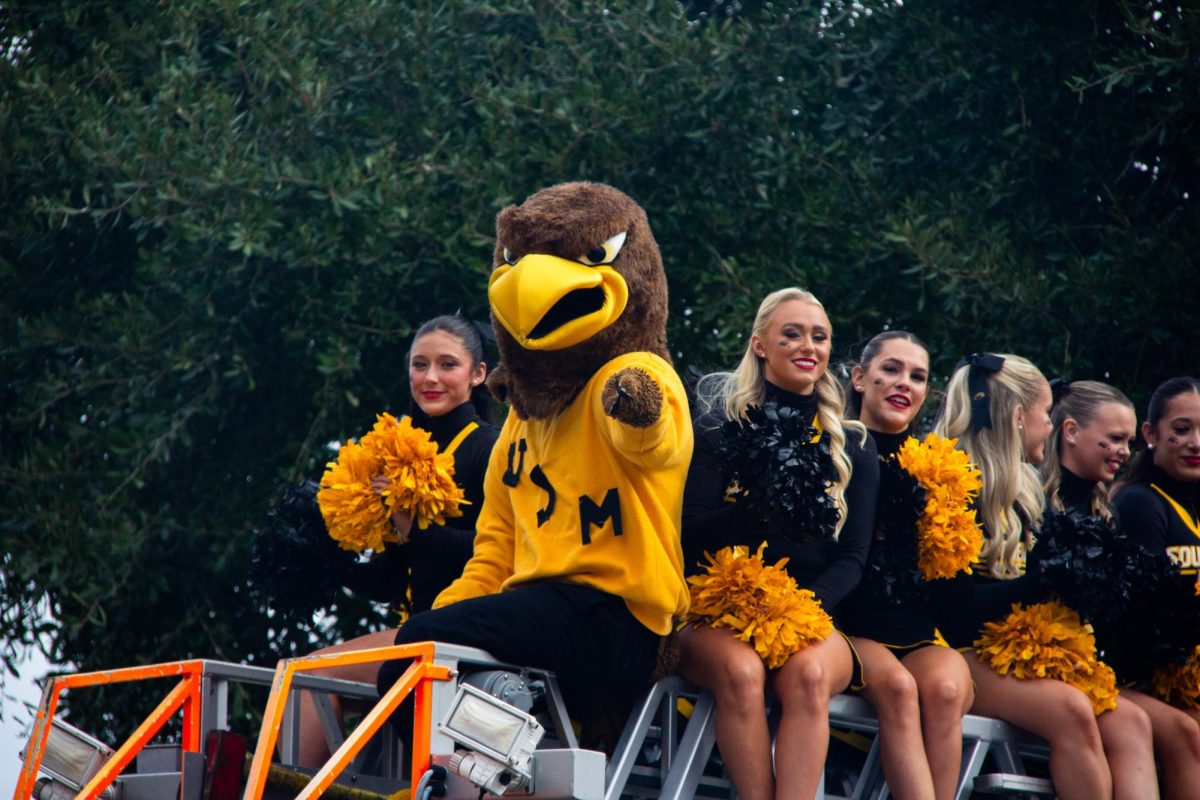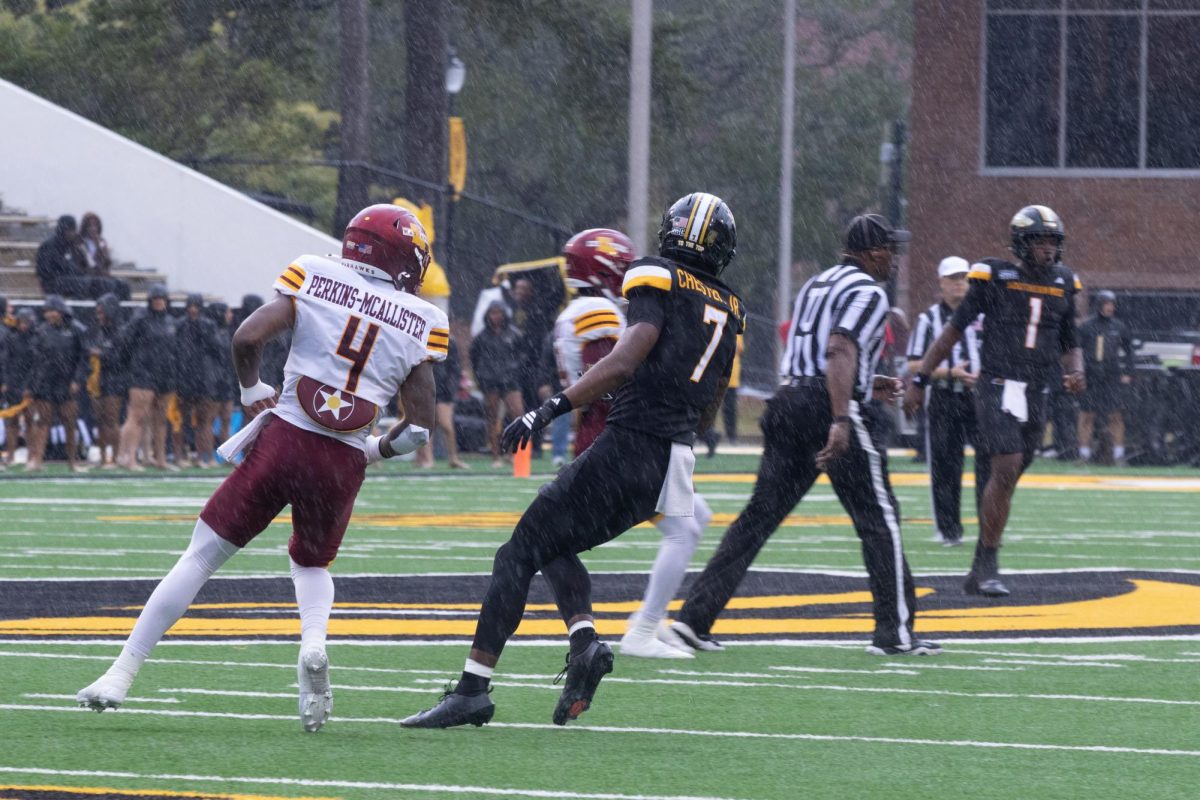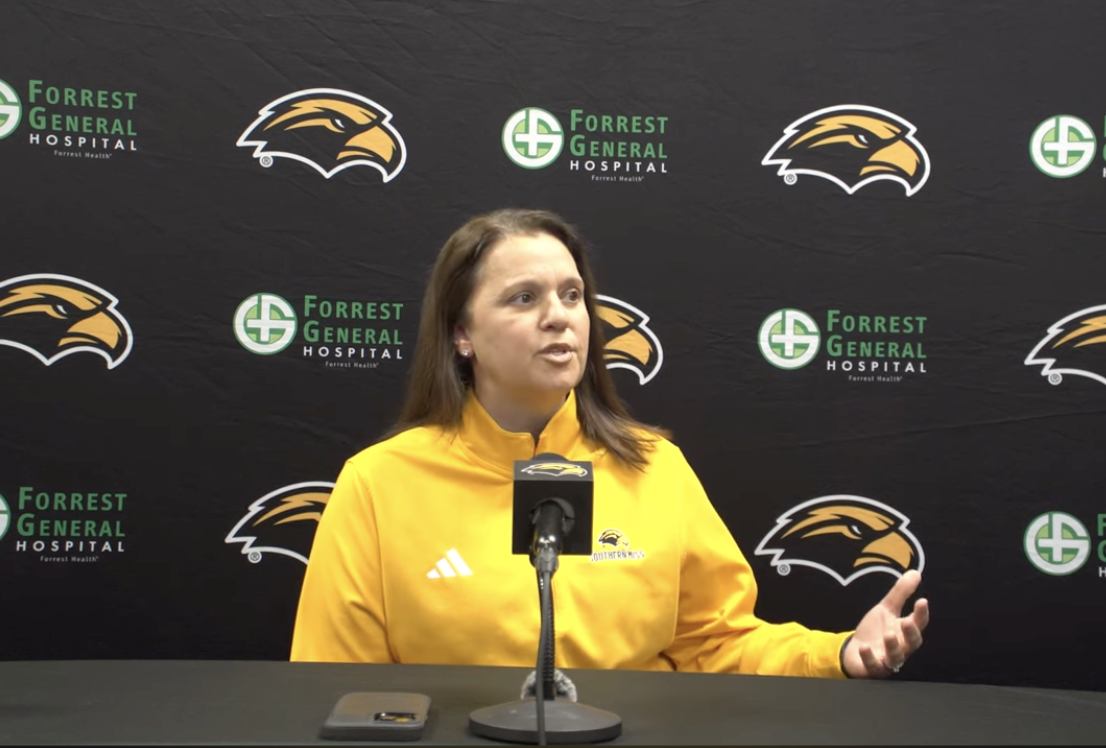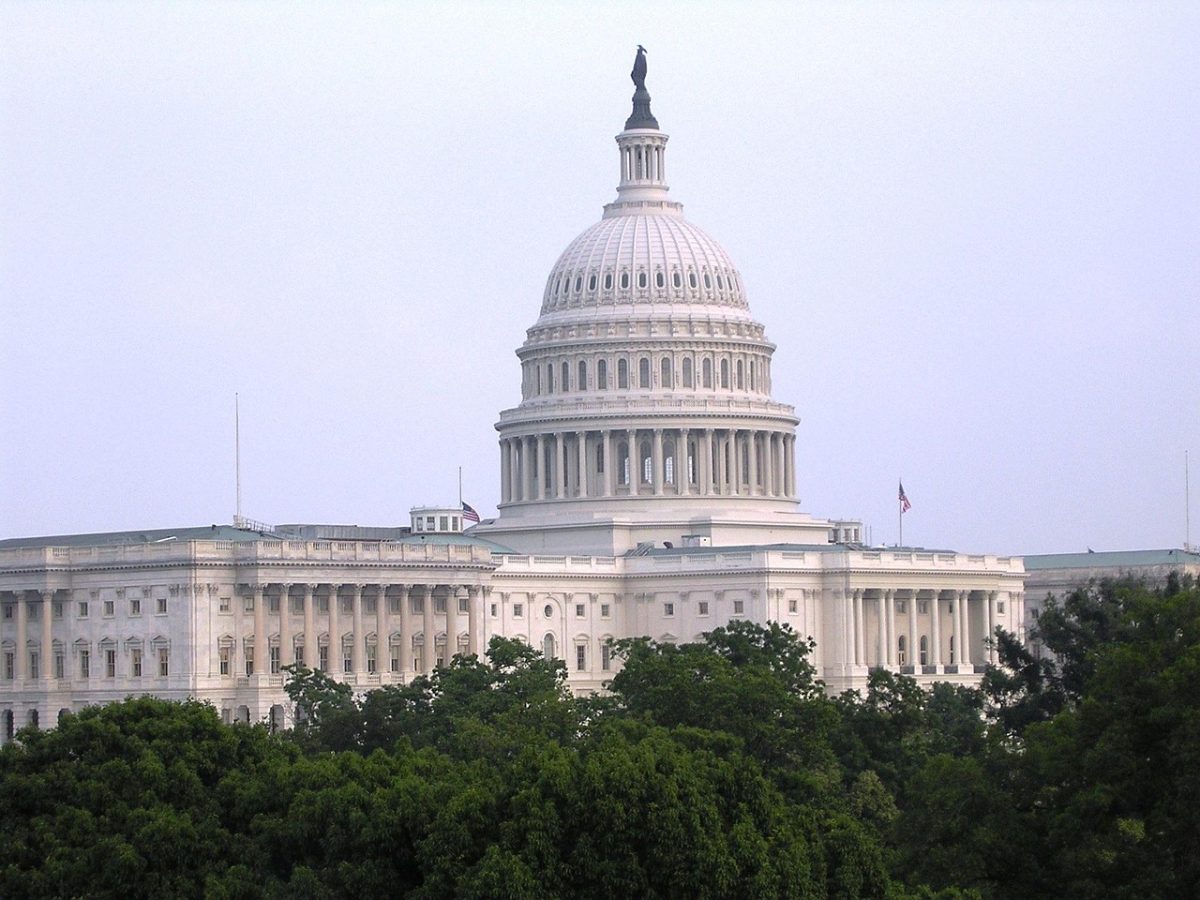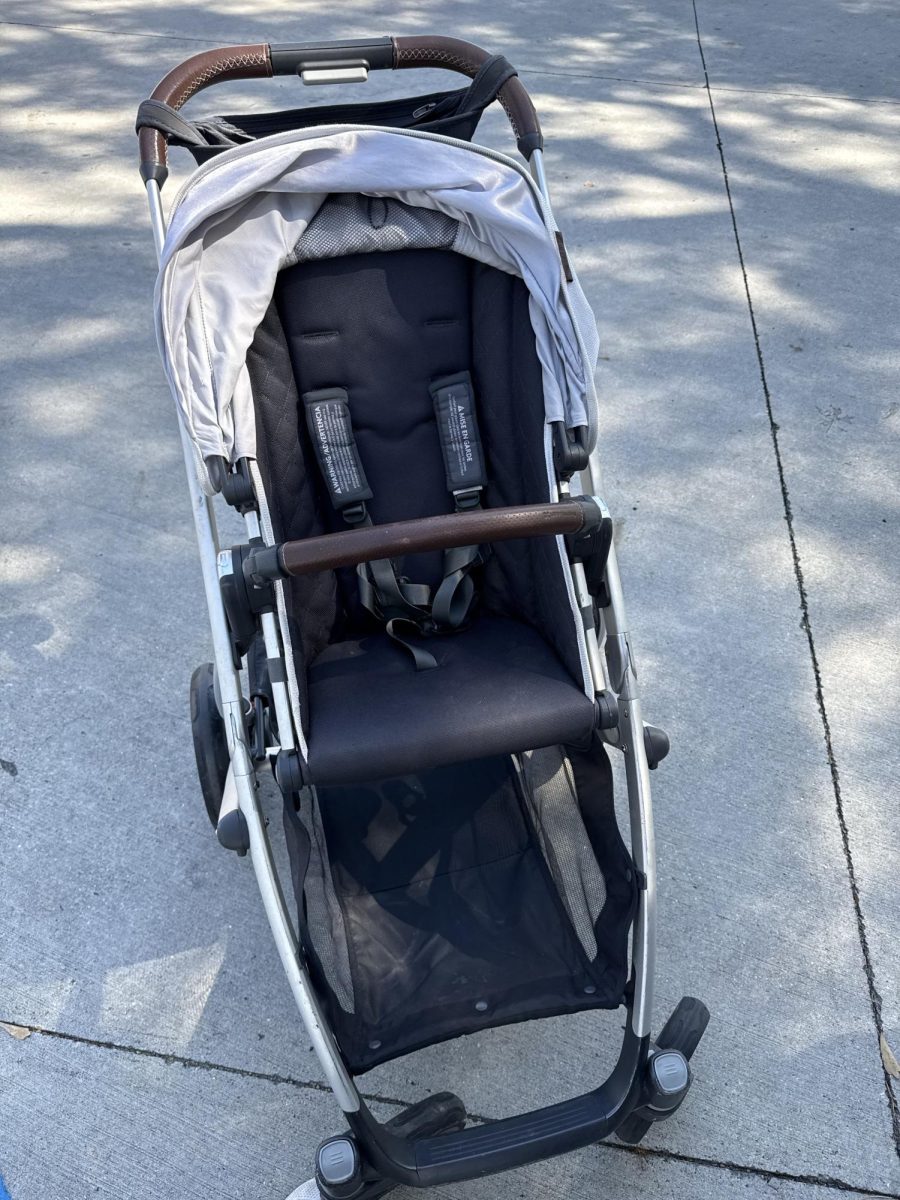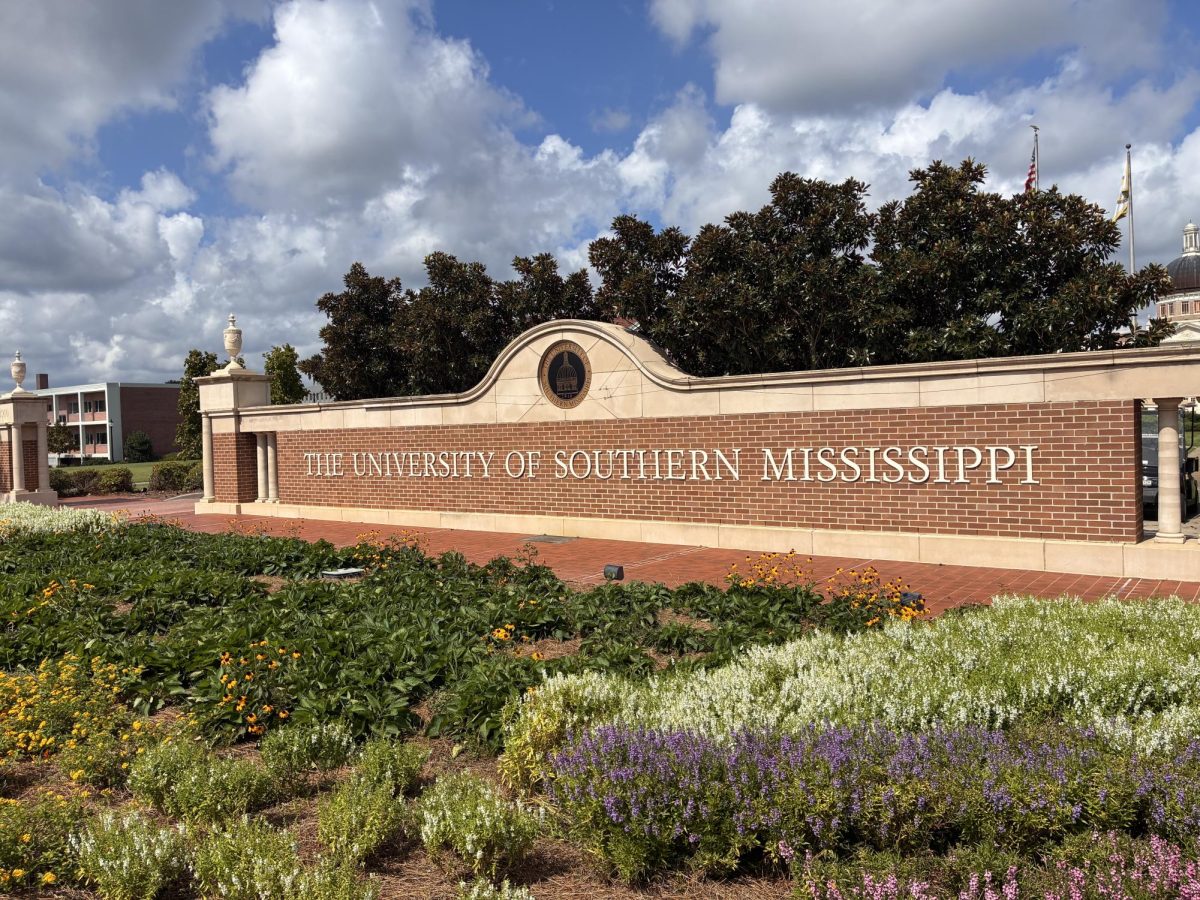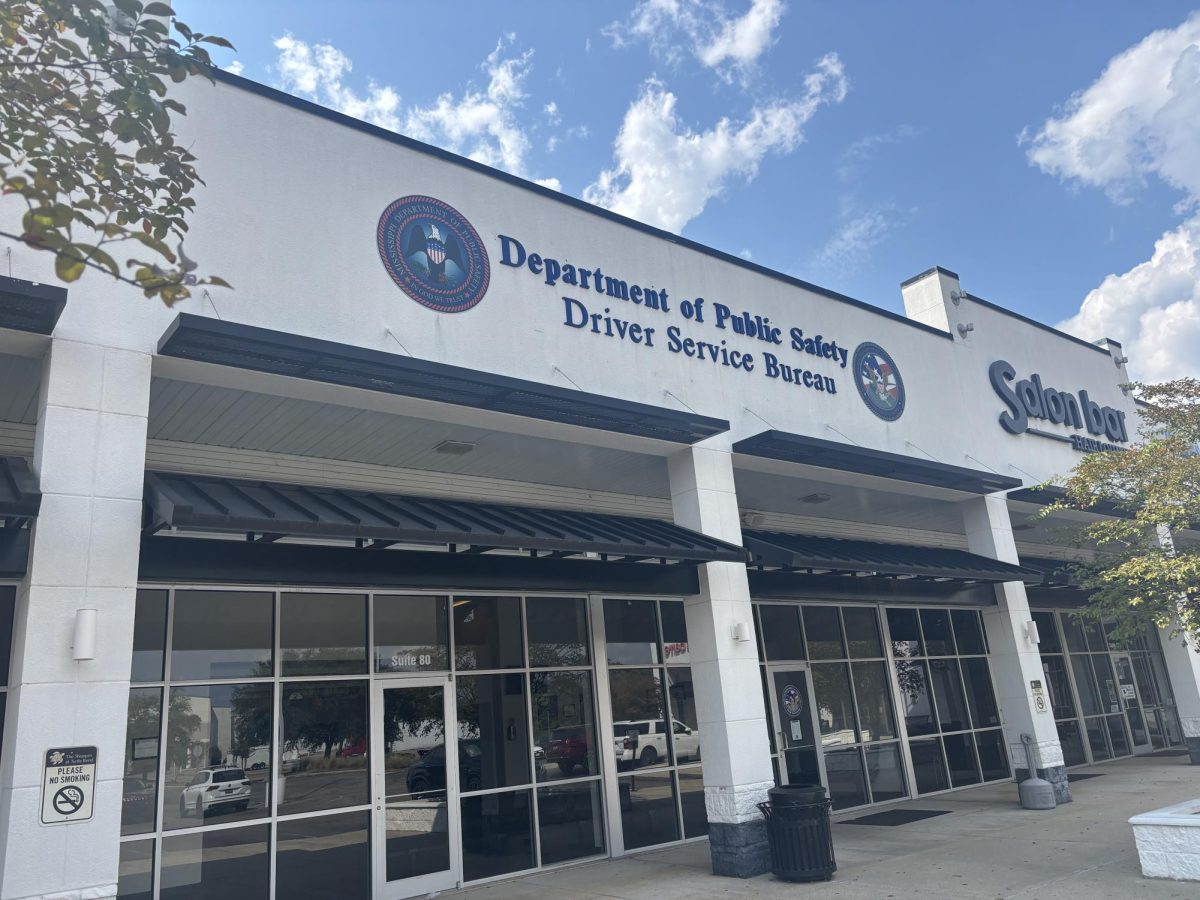The Mississippi House of Representatives and Senate reached an agreement on a $6.26 billion state budget last week. The new budget agreement will allow for an increase in spending on Medicaid, k-12 public schools, community colleges and universities in the coming year.
Much of the increase in spending is directed toward education. State universities will see an increase of $36 million in spending and community colleges will see a $12 million spending increase; however, the increases are much lower than what higher education officials have been arguing for.
The budget agreement also includes a $110 million increase in K-12, which brings the total K-12 budget to $2.5 billion. The K-12 budget was signed into law by Gov. Phil Bryant.
While the the budget does allow for a significant increase in K-12 spending, it still falls $211 million short of the formula that lawmakers use to determine what is full funding for Mississippi public schools. However, educators see it as a step in the right direction.
“I am thankful for any extra money that they give toward educating the youth of Mississippi,” Lamar County School District Superintendent Tess Smith said. “If they gave us a million extra dollars just for Lamar County, every dime of it would go toward the teacher raises that they approved last year. It’s a blessing that our teachers got the raise, and I’m hoping our increase will cover it.”
While education officials are not sure how exactly the increased funding will be distributed, many see places where extra funding could be used.
“We don’t know the allocations that will be made specifically for Longleaf Elementary school yet,” said Longleaf Elementary School Head Principal Angela McCarty. “Once the district gets the funds, we will find out if we will receive additional teacher units on our campus.”
In addition to the increase spending for education, the budget allows for an increase in spending for Medicaid between $81 million and $1 billion which could still fall short of the funding that is needed for Medicaid in Mississippi.
Other parts of the budget include the state borrowing $200 million for bridge restoration which will be paid off partly by a yearly $36 million casino tax. Portions of the casino tax will also go toward the Mississippi Department of Transportation and a new tourism project that includes plans to build an aquarium in Gulfport.



